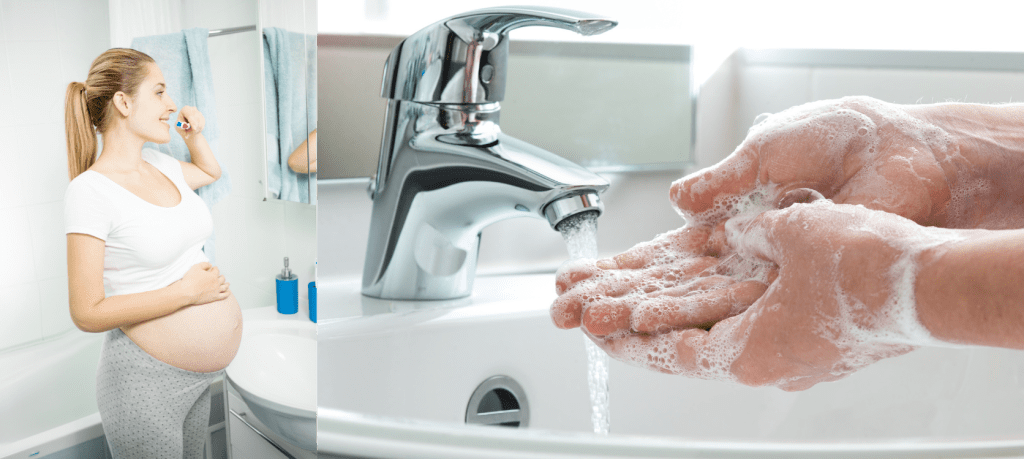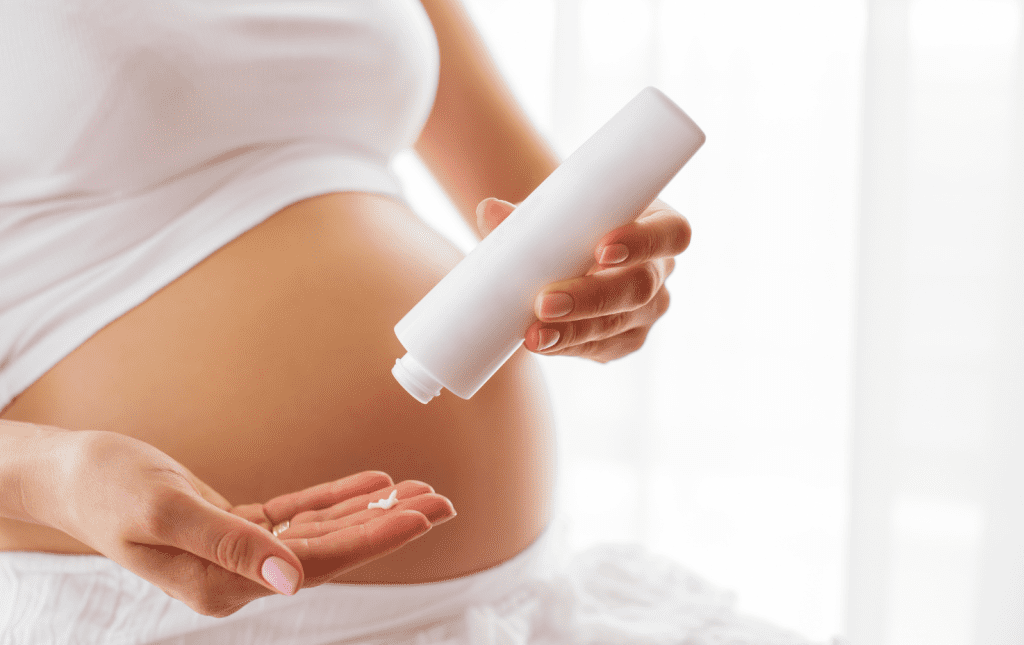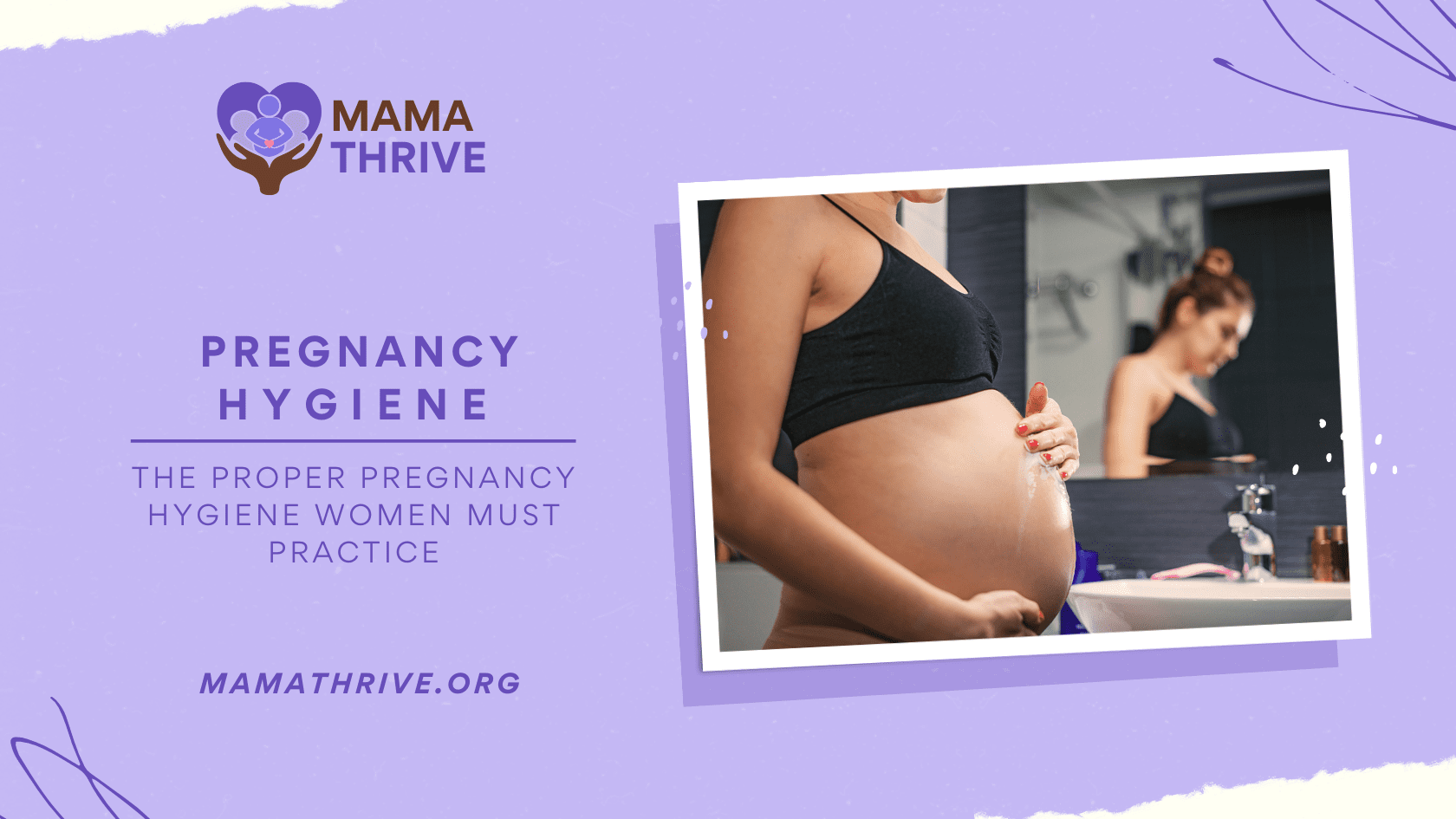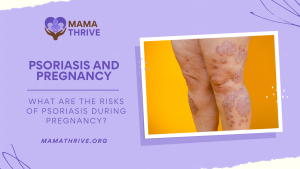Pregnancy is a beautiful journey that comes with its set of challenges, and it’s important to take care of yourself, both physically and mentally. One of the essential aspects of a healthy pregnancy is practicing proper pregnancy hygiene. Maintaining good hygiene during pregnancy can help prevent infections and keep you and your baby healthy.
In this blog post, we will discuss the proper pregnancy hygiene practices you must follow.
Some good pregnancy hygiene practices expecting moms should know

Here are some good pregnancy hygiene practices that expecting moms should know:
Wash your hands frequently
The easiest and most effective way to prevent the spread of germs and infections is to wash your hands regularly. It’s especially important to wash your hands before and after eating, after using the bathroom, after blowing your nose, and after being in public places. According to the Centers for Disease Control and Prevention (CDC), washing your hands with soap and water for at least 20 seconds is the best way to prevent the spread of germs.
Maintain proper oral hygiene
Pregnancy can cause hormonal changes that increase the risk of gum disease and tooth decay. To maintain proper oral hygiene, it’s important to brush your teeth twice a day with fluoride toothpaste, floss daily, and visit your dentist regularly for checkups and cleanings. According to the American Dental Association (ADA), dental care during pregnancy is safe, and neglecting your oral health can lead to pregnancy complications such as premature birth and low birth weight.
Keep your genital area clean and dry
The genital area is prone to infections during pregnancy, and it’s important to keep it clean and dry to prevent bacterial and fungal infections. It’s recommended to use mild, fragrance-free soap and water to clean the genital area, and avoid using scented sprays, douches, and powders. After showering, make sure to pat the area dry instead of rubbing to prevent irritation.
Wear clean and comfortable clothes
During pregnancy, your body undergoes numerous changes, and it’s important to wear clean and comfortable clothes that fit well. Wearing tight-fitting clothes or underwear made of synthetic materials can lead to irritation and increase the risk of infections. It’s recommended to wear loose-fitting clothes made of breathable materials such as cotton and avoid wearing tight underwear.
Avoid sharing personal items
Sharing personal items such as towels, razors, and toothbrushes can spread germs and infections. It’s important to avoid sharing personal items with others to prevent the spread of infections.
Clean food and cooking surfaces
Aside from having a healthy diet during pregnancy, pregnant women should ensure that their food and cooking surfaces are clean to prevent the risk of foodborne illnesses. The CDC recommends washing fruits and vegetables thoroughly and cooking meat to the proper temperature.
Take precautions in public places
Public places such as bathrooms, pools, and gyms can be breeding grounds for germs and infections. It’s important to take precautions when using public places, such as wearing flip flops in public showers and not sharing towels. It’s also recommended to wipe down gym equipment before and after use to prevent the spread of germs.
Why is good hygiene important for pregnancy?

Good hygiene is important for pregnancy because it can help prevent the spread of germs and infections that can be harmful to both the mother and the developing baby. Pregnant women are more susceptible to infections due to the changes in their immune system, which can make it harder for their bodies to fight off infections.
Certain infections during pregnancy, such as bacterial vaginosis, yeast infections, and urinary tract infections, can increase the risk of pregnancy complications such as preterm labor and low birth weight. In addition, some infections, such as cytomegalovirus (CMV) and toxoplasmosis, can be transmitted to the baby during pregnancy and cause birth defects or other health problems.
Practicing good hygiene during pregnancy, such as washing hands frequently, maintaining proper oral hygiene, and keeping the genital area clean and dry, can help prevent the spread of infections. It’s also important to eat a healthy and balanced diet, stay hydrated, get enough sleep, and avoid sharing personal items to reduce the risk of infections.
Is skin care important for pregnancy hygiene?

Yes, skin care is an important aspect of pregnancy hygiene. Pregnant women experience many changes in their skin during pregnancy, such as increased oil production, dryness, and sensitivity. These changes can lead to skin conditions such as acne, stretch marks, and itchiness. Proper skin care can help to minimize these conditions and keep the skin healthy and comfortable.
In addition, pregnant women should also be mindful of the products they use on their skin, as certain chemicals can be harmful to the developing fetus. It is important to choose products that are safe for use during pregnancy and to consult with a healthcare provider if there are any concerns. Overall, maintaining good skin care practices can help to promote overall health and well-being during pregnancy.
Know more about good pregnancy hygiene with Mama Thrive
Mama Thrive’s team of healthcare professionals provides practical tips and advice on how to maintain good hygiene during pregnancy. The telehealth program provides valuable information and resources that can help you stay healthy during your pregnancy. With Mama Thrive’s telehealth program, pregnant women in Florida can also receive personalized care and support from a team of healthcare professionals from the comfort of their own homes.






